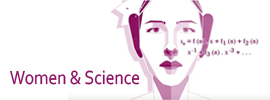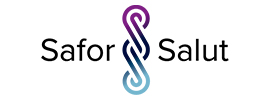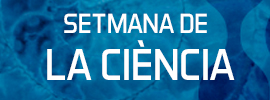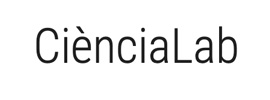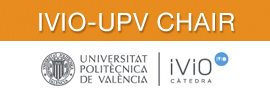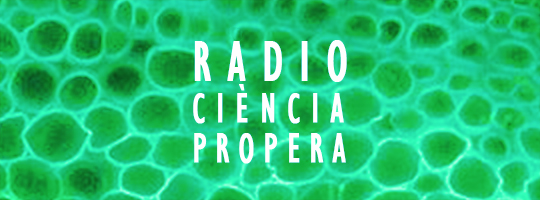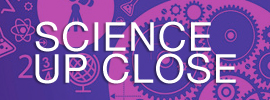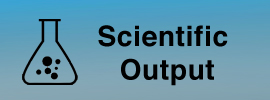Pluricentrism studies the various interacting codified standard forms of languages, in other words, languages that do not have a single codified standard form in terms of prestige and use. This is due to the fact that codification is carried out by more than one decision-making institution (political or cultural), giving rise to more than one variety of standard spoken form in different territories. The study of pluricentrism highlights the existence of many pluricentric languages, more than forty of which have already been catalogued, Catalan among them.
Josep Àngel Mas, an expert in linguistic standardization at Campus Gandia of the Universitat Politècnica de València (UPV), focuses much of his research in this field of study. The researcher is a member of the NDV Working Group, an international research group dedicated to pluricentric languages. In particular Mas studies the non-dominant varieties in the linguistic codification and standardization processes, putting forth the consideration of Catalan as a pluricentric language and of Valenciano as the most dominant of its non-dominant varieties.
In this context, the researcher studies the standardization process of the Catalan language as a pluricentric language in conflict, linguistic conflict being the process in which two or more languages dispute the same areas of use – in our case, Catalan and Castillian. This standardization process is determined by two interrelated aspects: status with respect to prestige and use, and the corpus that configures the linguistic forms of the standard. Territorially diverse aspects, both now and throughout history.
From this perspective, Mas proposes the acceptance of pluricentricity in the standardization processes as a starting point from which to address the problems arising from the prejudice that predicates the axiom that “one language, one norm” should be considered ideal and “normal”. In opposition to this, the researcher proposes “pluricentrism as an alternative to the division of languages when it is not possible to use a monolithic and uniform standard for the entire linguistic community, permitting the research, management and equal use of the varieties of codified standards of our language.”
VALENCIANO IN THE MEDIA
Mas, a Doctor in Philology, is also a professor at Campus Gandia, where most of his classes focus on teaching oral and written Valencian in the media. He is also involved in dissemination activities. Part of this effort included the “III Conference for the Dissemination of Norms to the Media” on July 18, where the researcher provided an overview of the Valencian formal language model and the debates generated by the defenses of the different models. Subsequently, he analyzed the linguistic opinion column “Pren la paraula”, by Josep Lacreu, published in the Levante-EMV newspaper.
The conference was organized by the Grup de Recerca en Història de la Llengua Catalana de l’Època Contemporània and the Societat Catalana de Llengua i Literatura, with the collaboration of the Department of Catalan Philology of the Autonomous University of Barcelona.
More information at:
Mas Castells, Josep Angel. (2021) Invitació al pluricentrisme. Notes per a l’estudi d’una llengua pluricèntrica en conflicte (Invitation to pluricentrism). Treballs de Sociolingüística Catalana (Online) (31)15 – 30. 10.2436/20.2504.01.175
Mas Castells, Josep Angel. (2019) El pluricentrisme de la llengua catalana en els principals correctors i traductors automàtics. (The pluricentrisme of the Catalan language in the main automatic spell-checkers and translation tools). Revista de Llengua i Dret (Online) (71) 208 – 222 http://revistes.eapc.gencat.cat/index.php/rld/article/view/10.2436-rld.i71.2019.3229
R&D&I Management and Promotion Officer at Campus Gandia

